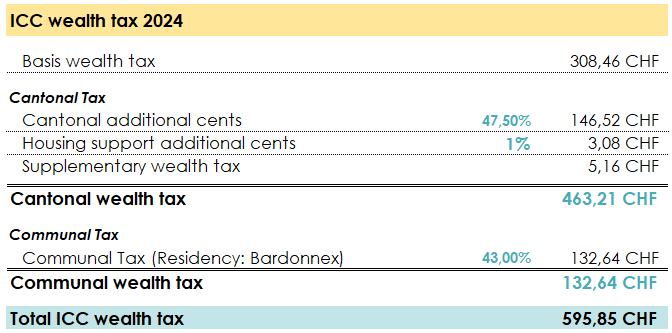
The Importance of Wealth Tax
The concept of wealth tax has gained significant traction in the United Kingdom, particularly in light of rising economic inequality and the effects of the COVID-19 pandemic. As governments seek new means to fund public services and address fiscal deficits, understanding wealth tax and its implications is crucial for citizens, policymakers, and economists alike.
What is Wealth Tax?
A wealth tax is generally defined as a tax based on the market value of assets owned by an individual or household. This can include property, stocks, savings, and other forms of wealth. Unlike income tax, which is assessed on earnings, a wealth tax targets accumulated wealth, which can raise funds for social services or infrastructure, potentially lessening the financial burden on lower-income citizens.
Recent Developments and Discussions
Recently, the Labour Party has reignited the wealth tax debate, proposing a 1% levy on wealth exceeding £1 million. Similar proposals have emerged from various economic think tanks, suggesting that the funds generated could be used to invest in education, healthcare, and the green transition. However, such proposals have stirred significant controversy across the political spectrum, with critics arguing that imposing a wealth tax could discourage investment and savings, ultimately hindering economic growth.
Despite these concerns, proponents argue that wealth taxes can significantly contribute to narrowing the wealth gap, especially when designed along progressive lines that tax wealthier individuals at higher rates. In fact, countries such as Spain, France, and Norway have successfully implemented wealth taxes, yielding substantial revenue for public services. The debate in the UK may be framed not just around the feasibility of such taxes, but also about the principles of equity and fairness in wealth distribution.
Potential Impact on Taxpayers
For the average taxpayer, discussions around wealth tax may seem distant. However, its implications can be profound if implemented. A wealth tax could alter investment strategies, property ownership, and personal savings. For many, especially those nearing retirement and valuing their accumulated wealth, any moves towards wealth taxation will require careful consideration and potentially strategic financial planning.
Conclusion
The discourse surrounding wealth tax in the UK is set to continue as the government grapples with significant fiscal challenges. Whether or not a wealth tax is enacted, the conversation highlights the increasing focus on economic inequality and fiscal responsibility. Readers should stay informed about this topic, as it may directly affect future tax policies, wealth distribution, and the social contract between the state and its citizens. Anticipation of a potential wealth tax would require all parties to engage in proactive discussions about the broader implications for the economy and society as a whole.
You may also like

Understanding Tax: Its Importance and Recent Changes

Current Insights on Shell Share Price

Strategies to Enhance Your Savings in 2023
SEARCH
LAST NEWS
- Remembering Wendy Richard: The Promise to Co-Star Natalie Cassidy
- How Did Anglian Water Achieve an ‘Essentials’ Rating for Mental Health Accessibility?
- Shai Hope Leads West Indies in T20 World Cup Clash Against South Africa
- What We Know About Weston McKennie: Future at Juventus and Past at Leeds
- What We Know About the Upcoming Live Nation Antitrust Trial